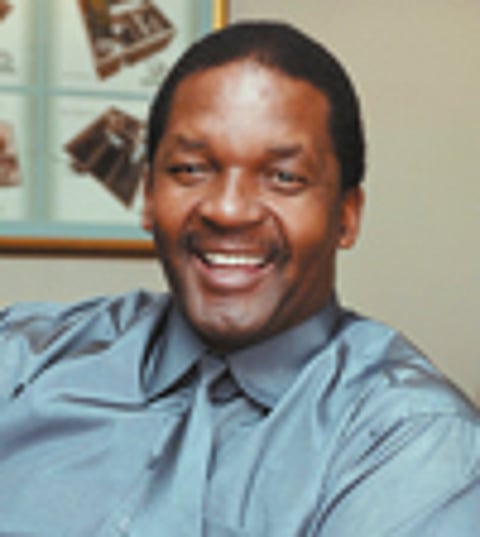The Don’s promise of shareholder riches comes to sorry end; shares worth no more than 20c
For years I thought The Don was an opportunity waiting to happen. Nine hotels based in fantastic locations – two in the Sandton CBD, another in Illovo, one more in Rosebank – could, surely, generate a multiple of the modest market cap. Sadly, the value trap was never unlocked. As you'll read from the transcript of this interview with CEO and major shareholder Thabiso Tlelai, the company was eventually a forced seller of the properties. And that's never a great place to be, even your assets are in the best possible locations. Result is that the bulk of the cash realised from the sales has been used to repay liabilities incurred while The Don tied to make a go of first its hotel operation and then a leased-out apartment business. At the end of it all, the listing will become a cash shell with, perhaps, R60m on its balance sheet. With almost 300m shares in issue, that translates into a value of 20c a share. Which is exactly where the stock trades on the JSE today. One that got away I'm afraid. – AH
ALEC HOGG: The Don Group expected its full year earnings to be between 186% and 206% higher. Financial results have just been released today and we pick up with Thabiso Tlelai who is the Chief Executive of the Don Group. Thabiso, you're on the outskirts of Gauteng somewhere. I guess you're staying away from shareholders because this was a company with promise – we were hoping you would sell these wonderful properties of yours for lots of money and distribute that to shareholders. It hasn't quite worked out that way.
THABISO TLELAI: That page has not closed yet. What we've been preoccupied with to date, is to dispose of the properties and to settle what liabilities arose over the life of the group. Linked to the disposal, there was a lot of work. There were a lot of detailed things we had to be very diligent about in that regard. I'd say that we've finished and finalised that as of now. All the properties have been transferred and all monies received and a lot of the creditors – especially the big ones – have been settled. So there's still quite a bit of cleaning up to do, and then say; what do we do with the cash shell as it stands at the moment?
ALEC HOGG: How much cash do you have? If you can, give us an understanding of the unimpaired cash that would be there?
THABISO TLELAI: As of the end of the year, which was at the end of June, the cash was approximately R20m. We have subsequently settled with the IDC, the Receiver – SARS and received transfer of the properties that happened post the year-end. Let's say that the cash sits between R60m and R70m.
ALEC HOGG: Alright, and presumably most of that will be distributed to shareholders. Or is it staying in the cash shell?
THABISO TLELAI: Once all the clean-up is done, we will let the shareholders know what the direction is. Right now my focus is to really clean up and settle all the creditors and make sure that I close this page as diligently as possible. Then the directors will take a view of exactly what we do with what ends up being the money in the bank.
ALEC HOGG: Thabiso, you did mention that you paid SARS. That was due to – what was termed in your results – a reportable irregularity. Just take us through what happened there.
THABISO TLELAI: At the time that we decided to dispose of the assets we were unable to pay SARS for PAYE and we were behind on VAT and these are reportable. We had been filing for these taxes so we made SARS aware of where we are falling short. We didn't have the money – hence one of the reasons that we went to disposal. So when these kinds of debts arise, they are reportable. SARS was aware. We made them aware of what we were doing. The earliest we could deal with it, we did. We were talking to SARS on a regular basis and have built a good relationship with them. We are comfortable that they are happy with the submissions that we have to date. We've paid and settled whatever reimbursements, and we think that in due course we will be able to close this file properly.
ALEC HOGG: Well, it sounds to me like you were really forced sellers of your properties, because if you weren't able to meet your VAT payments or your PAYE payments – your tax obligations – then clearly you were pushed into a position where you had to sell the hotels.
THABISO TLELAI: Yes. I think it's not totally incorrect to say that. The environment of hotels has changed drastically post-World Cup. We opted for the preservation of the value and the sale was serving us there in that regard.

